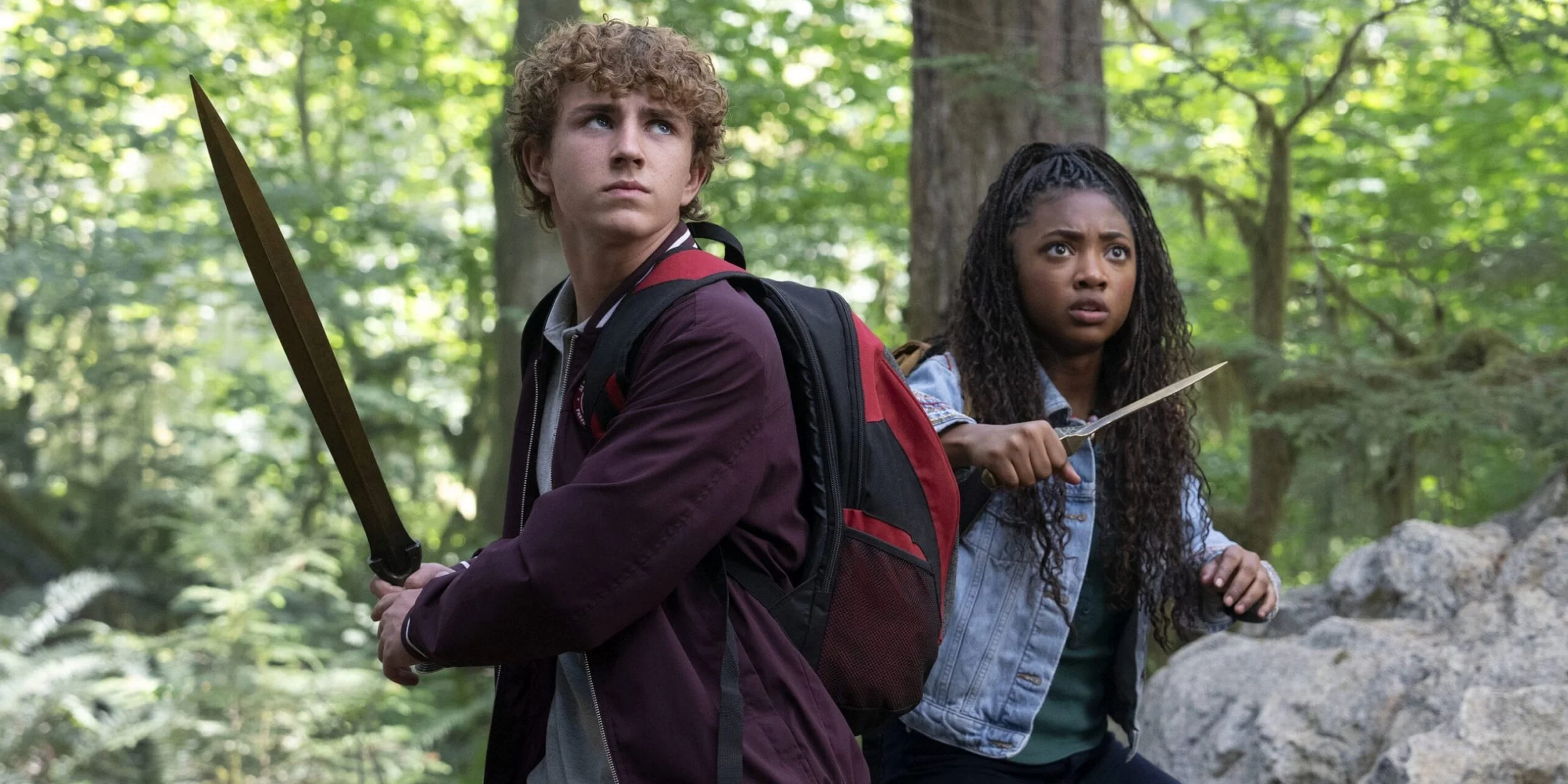I Wanna Dance With Somebody
/While the world has gotten Whitney Houston films in the past (such as 2018’s Whitney), I Wanna Dance With Somebody takes a more dramatized approach, which is unsurprising considering it comes from the people behind 2018’s Bohemian Rhapsody. Though said film contained some historical inaccuracies, it holds the box office record for the biopic and drama genres, at $910 million. It’s unsurprising, then, for them to attempt to replicate that success.
After a brief micro-teaser, the trailer proper opens to a live scene at Madison Square Garden in addition to what looks like the set of Oprah—the sound of an adoring crowd permeates the scene. After some title cards, the scene shifts to a radio interview, with a single string note resting in the background. At 0:29, following a monologue from Houston (portrayed by Naomi Ackie), we hear the vocal for one of Houston’s seminal hits, “I Will Always Love You” (originally penned by Dolly Parton). However, it’s only a snippet—“and I” is as far as it gets before the monologue continues, punctuated by trailer music tropes like a single, reverberant piano key. The editors are rightly betting that those interested will know Houston’s signature songs well enough to hear them split up and interspersed between other elements, such as Houston’s dialogue.
By 0:38 we have three separate aural tracks interacting: Houston’s dialogue, the soundtrack, and live performance, where there is notably no diegetic sound. This arguably makes the shot of the adoring crowd at 0:40, for example, even more impactful, as we’re made to imagine the roar of the crowd as a result. At 0:46 we get an interesting synch point between the percussion and the flash of the cameras; at the minute mark, the song fades out just as we hear something of the apparently strained relationship (to say the least) that Houston had with her father, especially around finances. Having the music drop out at precisely this moment deftly underscores the shift in tone here.
At 1:02 there’s an audiovisual blackout before “I Will Always Love You” comes back—live and synchronized with the on-screen action. Until this point, the diegesis between the soundtrack and on-screen action never quite lined up—the fact that it finally is in alignment here is what makes it all the more powerful. Notice also some tweaks in the arrangement—both with the steady rhythm in the synthesizer and some mild reharmonization that also adds interest for those who may be familiar with the original tune. By 1:25 some new orchestral elements really come to the fore alongside epic percussion, effectively trailerizing the song.
The trailer ends not long after this climax, placing full emphasis on the song and its epic, orchestral arrangement as the initially disparate diegetic threads coalesce into a singular live performance, mirroring the essence of Houston’s appeal as a musician. As observed at the end, she was in many ways “the best woman [we] ever knew”.
— Curtis Perry







